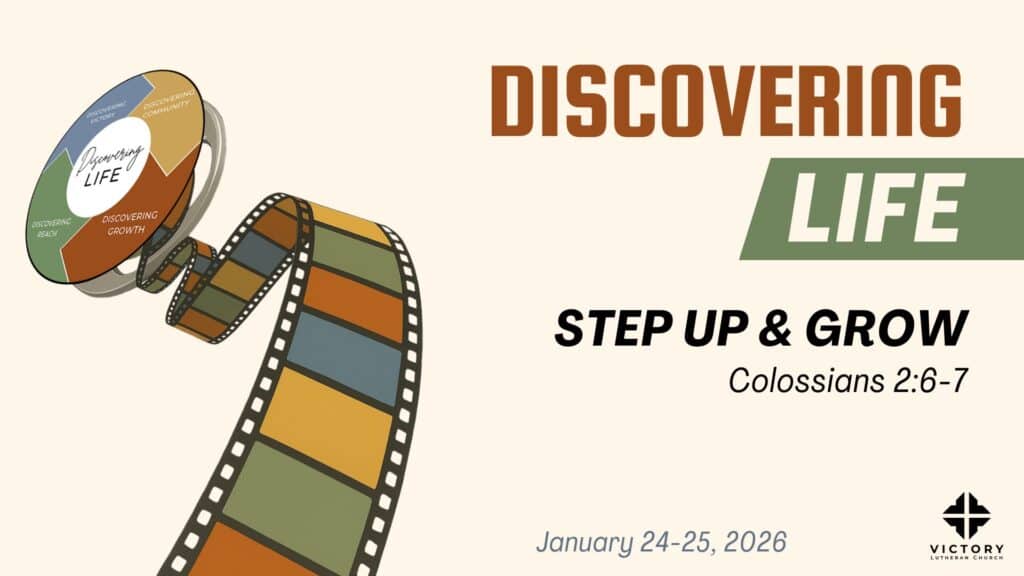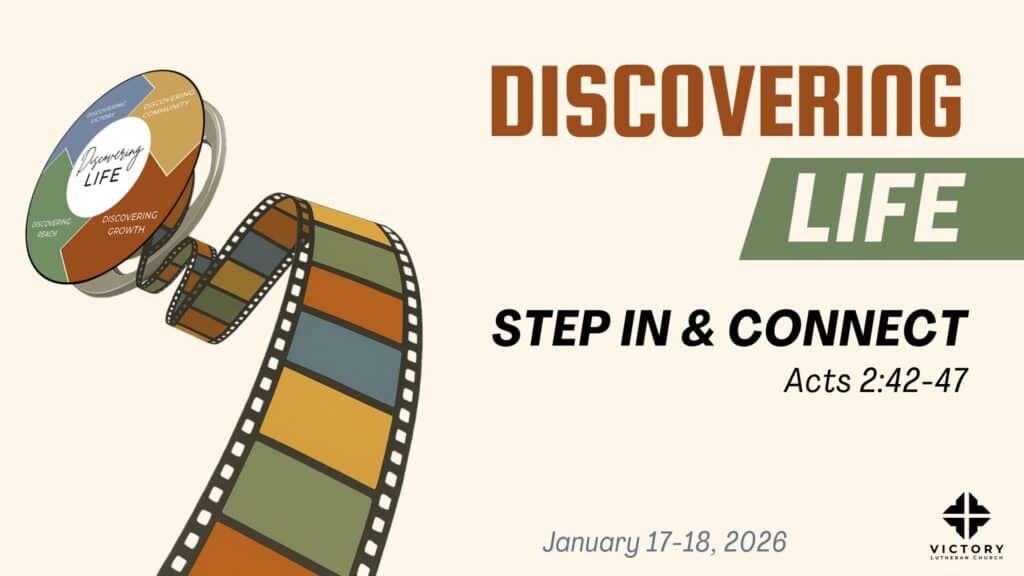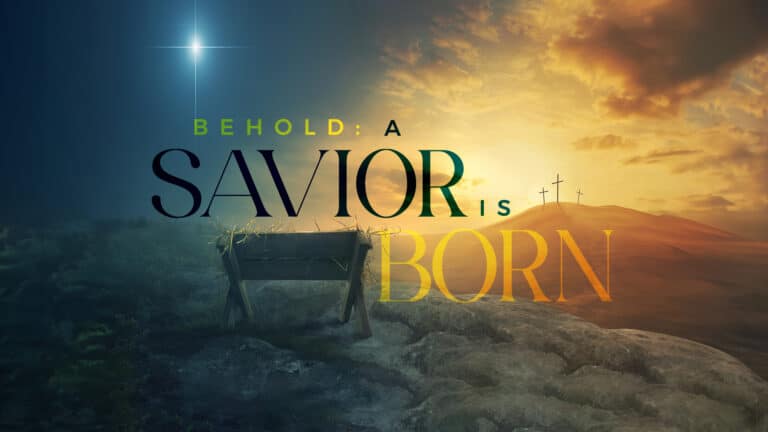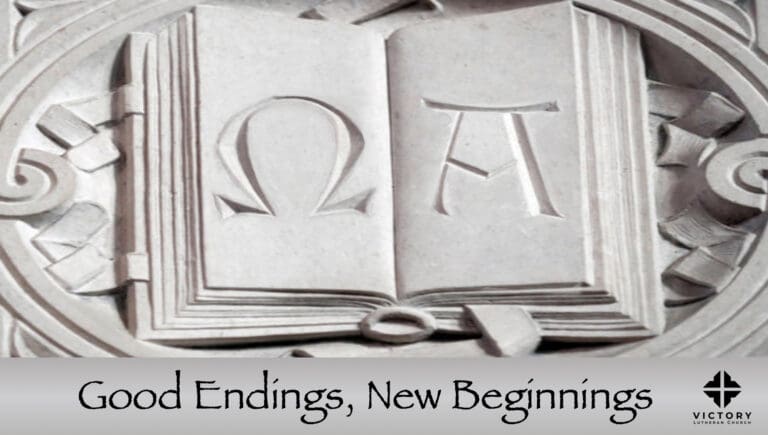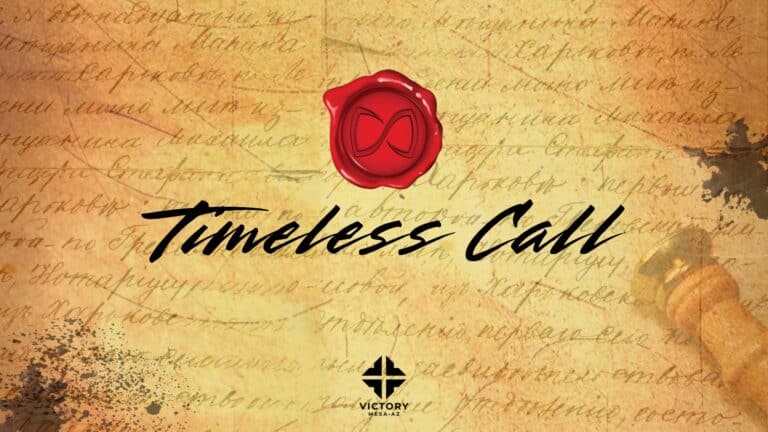Beginning a Lenten message series of God’s promises and looking at God’s promise in Christ Jesus. Our text comes from the second letter to the church in Corinth, 2nd Corinthians chapter 1. If you have your Bibles or devices, feel free to read along there, or you can follow along on screen. Verses 18 19. But as surely as God is faithful, our message to you is not yes and no. For the Son of God, Jesus Christ, who was preached among you by us, by me and Silas and Timothy, was not yes and no, but in Him it has always been yes. For no matter how many promises God has made, they are yes and no. And so through him, the Amen is spoken by us to the glory of God.
Now it is God who makes both us and you stand firm in Christ. He anointed us, set his seal of ownership on us. And put his spirit in our hearts as a deposit, guaranteeing what is to come. The word of the Lord. Let’s pray. Lord God, as we consider your living word now, centuries after it was written, make it alive in our hearts by the working of your Holy Spirit, that we may receive it. Believe it. Know that we are released, freed, and ransomed because of Christ. Living new life now, and claiming the promise of everlasting life to come, through Jesus Christ our Lord, in whose name I pray. Dear friends, grace to you, and peace from God our Father, and our Lord and Savior, Jesus Christ. Amen.
This letter was not, of course, the first time that Paul had written to the Corinthian church. Some scholars think that 2 Corinthians, the book of the Bible from which we just had our lesson, was actually the fourth letter to that church. The first two verses in our text point to an issue or a problem that Paul was having with this congregation. He says to them, our message to you is not yes and no. With these words, Paul was telling the believers in Corinth that what he told them and what Timothy and Silas, his gospel partners, had told them was absolutely true. And it was necessary for Paul to defend himself because there had been a group of high minded teachers in that congregation that had been talking Paul down.
They criticized him to the Corinthians and suggested that Paul didn’t teach them all that they needed and so they tried to lead this fledgling church astray. We know this is the case actually because in another place in this letter Paul writes the following, but I’m afraid that just as Eve was deceived by the serpents cunning, your minds may somehow be led astray from your sincere and pure devotion to Christ. For if someone comes to you and preaches a Jesus other than the Jesus we preached, or if you receive a different spirit from the one you received or a different gospel from the one you accepted, you put up with it easily enough. But I do not think that I am the least inferior to these super apostles.
Paul is trying to really sort out a serious problem associated with his credibility and his ministry. He’s trying to demonstrate to the Corinthian church that the message that he preached was credible, is believable, it was real and true. But what does this disagreement of Paul with these high thinking False teachers and the church in Corinth have to do with you and me today. What’s so important about Paul’s words that we should pay attention to them on this Ash Wednesday? Well, I mean, listen. Credibility is at the core of one’s faith. Credibility is at the core of the proclamation of the gospel truth. Paul was, in effect, making an argument for faith in the promises. And the challenge is, I think, because what wars against credibility is our experience with other people. I mean, have you found that when you interact with some people, it’s not always easy to get the straight skinny from them? You know what I mean? And sometimes it’s because folks simply aren’t honest. Sometimes it may be because they don’t want to say what they’re really thinking. You see, I think we can often say yes when we mean no, or we may say one thing and do another.
And perhaps it wouldn’t be all that bad if all that were at stake were simply human interactions. But the real problem is far deeper, in that we often project that same kind of double mindedness. We can begin to doubt that God will actually do what He says, especially as it pertains to our salvation. But God’s way is not that way at all. When God says no, He means exactly that. If we are tempted to love anything or anyone above God, the commandments say no, and God means it. If our anger drives us to despise our parents or hate another person, the commandments tell us, no, and God means it. If our lusts drive us to abandon our spouse, the commandments tell us, no, And God means it. If we are tempted to spread gossip about our neighbor, the commandments tell us, no, and say it with me, God means it. God’s no is harsh and immutable. It doesn’t change. And going against it places us under his judgment. No, the word no, it’s a hard one for us, isn’t it? It’s a word that can have harsh or difficult associations.
I mean, in my own life, these can range all the way from perhaps a more humorous anxieties as a young man, working up the courage to ask a girl out on a date, fearing the word no. And all the way up to the crushing no of my mother’s death. The fear of no. Surfaces everywhere we turn. Am I good enough? Smart enough? Pretty enough? Secure enough? Do I have what it takes to excel in my job? No. Is my health okay? No. Does my wife or husband or mom or dad or children, do they love me? No. It’s a hard word, and all of these bad connotations with the word no surge from the very doubt that we find as we search our own hearts. When we gaze into our own hearts, we find that truth be known. We are not right with God. You know, this doubt became a part of our bloodline. This doubt is a blight.
It’s inherited by all humanity from the disobedience of our first parents, Adam and Eve, and as it plays out then in our own lives as we struggle with sin. The no that we feel comes from a real rupture in the relationship between God and humanity. between God and us. And we live with this brokenness and somehow we sense, at least from our side of things, that apart from Christ, all on our own, God is not pleased with us. The Bible tells us that Jesus came to change all of that. We know that He took on the burden of our sinfulness with Him to the cross. We know that Christ willingly took up our infirmities and carried The scriptures tell us that Jesus was pierced for our transgressions. He was crushed for our iniquities.
The reason that God is at peace with us is because Jesus has paid for every time. We have disobeyed God’s no. The Bible says in Isaiah 53 the punishment that brought us peace Was upon him and by his wounds we are healed. Paul had shared this good news with the church in Corinth But the doubt about God’s forgiveness kept surfacing with them and that’s why they were so susceptible to false teachers who came to offer them a way to get around God’s no, in a way that did not include the cross and resurrection of Jesus Christ. And I think that can happen for us today. When doubt surfaces, it can bring with it a desperation, perhaps even a sense of hopelessness. It might put us in a, oh, what’s the use frame of mind? And that’s why Paul is writing this to the church in Corinth. And that’s why these words are so vital, important for us today.
In verse 20 of our text, Paul says, For no matter how many promises God has made, they are yes in Christ. And so through Him, the Amen spoken by us is spoken by us for the glory of God. I mean, listen. Yes, God says, to forgiveness and love. Yes, God says, to making us His children and heirs of heaven. Yes, God says, to being with us even though we often stray. Yes, God says, to my children rescued from sin and death by my beloved son, Jesus. God’s yes in Christ has done amazing things. Isaiah the prophet foretold this when he wrote, and Jim just read for us, forget what happened in the past, do not dwell on events long ago. I’m going to do something new. It’s already happening.
Don’t you recognize it? I will clear away in the desert. I will make rivers on dry land. I alone am the one who’s going to wipe away your rebellious actions for my own sake. I will not remember your sins anymore. What a wonderful yes! When Jesus walked the earth, God’s yes was abundantly visible. His healing and forgiveness during His earthly ministry just emanated a resounding yes. And today, God’s yes is still among us. It’s here now with us as we come before His altar to confess our sins. We receive, like those healed by Jesus, or even raised from the dead, God’s word of forgiveness and his most resounding yes in Jesus Christ. And as we prepare to gather round the table to receive the body and blood of Jesus, God confirms his yes with you right now.
As we see his word come together in the waters of baptism, he shouts, Yes! In all these things, God says to you and to me, Yes! You are my child. In the last two verses of our text, it reads, Now it is God who makes both us and you stand firm in Christ. He anointed us. Set a seal of ownership on us and put his spirit in our hearts as a deposit Guaranteeing what is to come you want to talk about a cap all caps? Yes, not only are we forgiven? Not only are we made heirs of the kingdom of Jesus, but God seals us. Yes! In our lives, by making us His. Giving us the power to become the children of God. So if the evil one should ever try to accuse you or steal you from God, God says, hands off. These believers are mine.
They trust in my son’s cross and resurrection. And just in case we need more proof, the Holy Spirit comes into our lives and makes our hearts his home. This deposit of the Holy Spirit in our hearts is the most wonderful yes that we live with 24 7. A living testimony of God’s love and forgiveness. A promised seal inside of you. A guarantee of everything that God has promised you in Christ Jesus. So can we not say, with a whole heart, Amen to that? So let us say that Amen together. Amen. Let’s pray. Thank you, Jesus, that in you all things are yes. Before a holy, powerful, righteous God. And now strengthen our faith. It is you that keeps us standing firm. We look to you, Jesus, now and in all things. With a heart full of gratitude. Pray this, Jesus, in your name.








